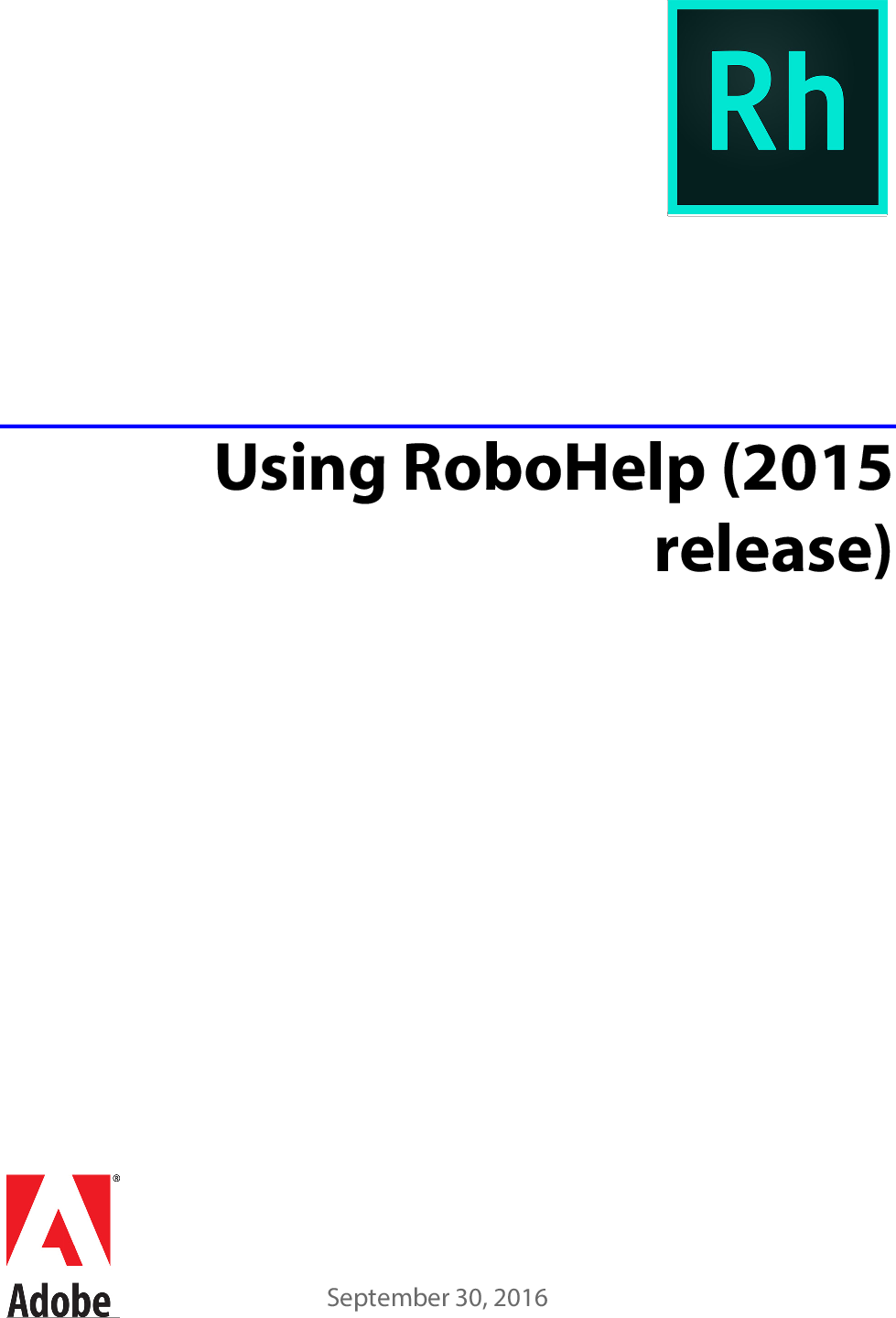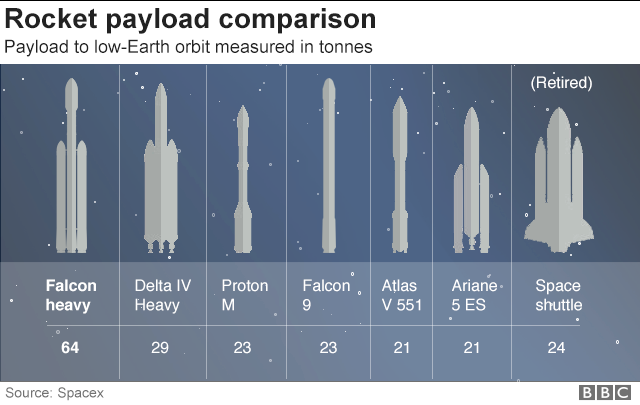

- #Hp 2000 i cant get monzola firefox or internet explorer mac os
- #Hp 2000 i cant get monzola firefox or internet explorer full
#Hp 2000 i cant get monzola firefox or internet explorer mac os
In forum discussions, Mozilla representatives said that the omission of Linux compatibility was a product of Linux's relatively small user base, compared to Mac OS and Windows. For example, the company recently announced that its upcoming Web app store would not, initially, support Linux. Mozilla's inability to match the effectively unlimited resources that Google and Microsoft can pour into their products has made its presence felt.

"The problem is, 'Can they keep the R&D up?'" he says. Chrome, specifically, is the result of a "massive" investment by Google, and has made huge strides in HTML5 integration and performance. Regardless of how the company is perceived, however, the deficit in available development resources is a major one, Hilwa says. The idea harks back to the days of Firefox's early popularity - playing the outsider has demonstrably worked for the browser before, so it's not a huge stretch to picture Mozilla as David to the twin Goliaths of Microsoft and Google. "Firefox has a position to navigate for those who don't want to align with a specific ecosystem or platform and make bargains," he says. So what's a troubled browser maker to do? According to IDC analyst Al Hilwa, the key is a continued emphasis on openness. "In practice, this means that only Internet Explorer will be able to perform many of the advanced computing functions vital to modern browsers in terms of speed, stability, and security to which users have grown accustomed," he said.

#Hp 2000 i cant get monzola firefox or internet explorer full
The ARM processor variant of Windows 8, Mozilla general counsel Harvey Anderson wrote in an official blog post, will only allow IE to run in the full Windows Classic mode. The organization fought a protracted public battle to keep the proprietary H.264 mobile video encoding technology off of the Web in favor of an open-source alternative, but was forced to announce that it would concede the point and begin supporting H.264 in mid-March.Ī major reason for that capitulation, CTO Brendan Eich implied in a forum post at the time, was that Google's plans to drop H.264 support never materialized.Īdditionally, the company stated earlier this month that, as it stands, Microsoft has effectively barred it from developing a functional version of Firefox for Windows RT. Nor has Mozilla been helped by other recent controversies. Google's browser nearly doubled its market share in 2011, rising to about 28% by year-end, while Firefox sank from 30% to less than 25% during the same period. While the browser has arrested a lengthy, if slow, decline that stretched through 2011 - and long-term adversary IE has seen a more or less continuous slide since its dominance of the mid-2000s - Chrome's sharp rise saw it eclipse its older rival late last year. (The company eventually decided to start offering a long-term support version of the browser.)Īccording to information from StatCounter, Firefox is in a rut. Business users weren't pleased by Mozilla's abrupt detour into a Chrome-style rapid iteration policy in 2011, given the extra work required to ensure the compatibility of plug-ins. What's more, some of Firefox's attempts to recapture its momentum have caused problems of their own. Even though StatCounter data seem to indicate that the Google browser did much more damage to IE during its early ascendance, Firefox market share began to drop off near the beginning of 2011, as Chrome's rise continued. He also notes that IE itself has become better, meaning that Firefox had been forced to confront both formidable open source and proprietary rivals.Īs Chrome's popularity grew, after its official release in December 2008, so too did the scale of the problem facing Mozilla. " Open source is less of a novelty," says 451 Research senior analyst Jay Lyman.


 0 kommentar(er)
0 kommentar(er)
